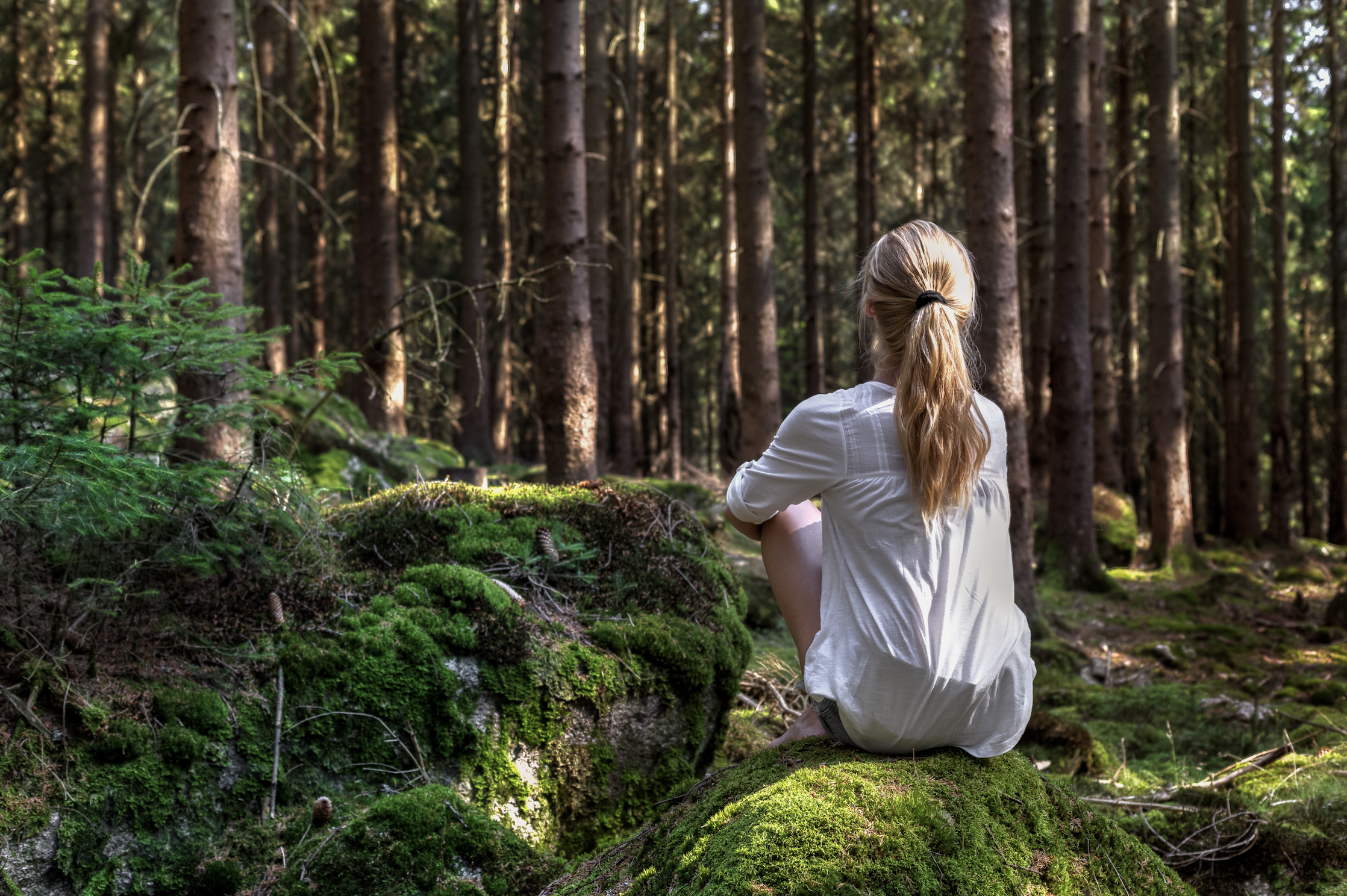Have you ever walked through the forest and felt a sense of calm wash over you, or inhaled fresh air and felt your stress melt away? These are just some of the benefits of forest bathing, a practice gaining popularity worldwide. But what exactly is forest bathing, and how can it benefit you?
What is forest bathing?
It’s not actually taking a bath in the forest (although that does sound refreshing!). Forest bathing, or Shinrin-yoku as it’s known in Japan, is the practice of immersing yourself in a forest environment and engaging with nature through all five senses. It’s about slowing down, taking in the sights, sounds, smells, and even the taste of the forest, and allowing nature to work its magic on your body and mind.
The practice originated in Japan in the 1980s as a response to the growing stress and urbanization of society. The Japanese recognized the healing power of nature and developed forest bathing to reconnect with the natural world. Since then, it has spread around the globe and gained recognition as a legitimate therapy for our modern ailments.
The health benefits of forest bathing.
Now, you might be thinking, “Sure, spending time in nature is nice, but what’s the big deal about forest bathing and how is it different from just taking a hike along a trail?”
Let’s start with the numerous scientific studies that show how time spent in forests can have a profound impact on our overall well-being.
- Forest bathing is a powerful stress reliever. The sights and sounds of nature have a calming effect on our nervous system, reducing anxiety and helping you to unwind. Just a few minutes surrounded by trees can lower your heart rate, reduce blood pressure, and boost your immune system. In fact, research has shown that forest bathing can even reduce the levels of stress hormones in your body. Talk about a natural remedy!
- Forest bathing has also been linked to improved mental health and cognitive function. Spending time in nature can boost your mood, increase creativity, and enhance your ability to focus. It’s like a mental reset button, allowing you to step away from the constant noise and distractions of modern life and find clarity in the tranquility of the forest.
- Forest bathing has been shown to improve cardiovascular health, lower the risk of chronic diseases, and even promote better sleep. Plus, all that fresh air and natural light can give your body a much-needed vitamin D boost.
Forest bathing is a simple practice that anyone can enjoy.
Find a nearby forest or park, take a leisurely stroll, and allow yourself to be fully present in the moment. Leave your phone behind (yes, really!) and engage your senses – listen to the rustling leaves, feel the cool breeze on your skin, smell the earthy scents, and taste the freshness in the air. The key is to slow down, breathe deeply, and let nature envelop you.
Whether you’re looking to reduce stress, improve your mood, or simply reconnect with nature, forest bathing offers a unique and powerful way to experience the healing power of nature.
Ready to try forest bathing? Join me at Juneberry Ridge and discover the magic of forest bathing this spring.
Upcoming sessions:
Testimonials:
“Forest bathing in the morning fueled me for the remainder of the day, and helped me fall asleep quickly, and a bit earlier than usual. What a pleasure!” – Forest bathing participant
“Prior to my session with Angie, I had not been sleeping well. Since the experience, I have had some of the best sleep that I can remember.” – Forest bathing participant


